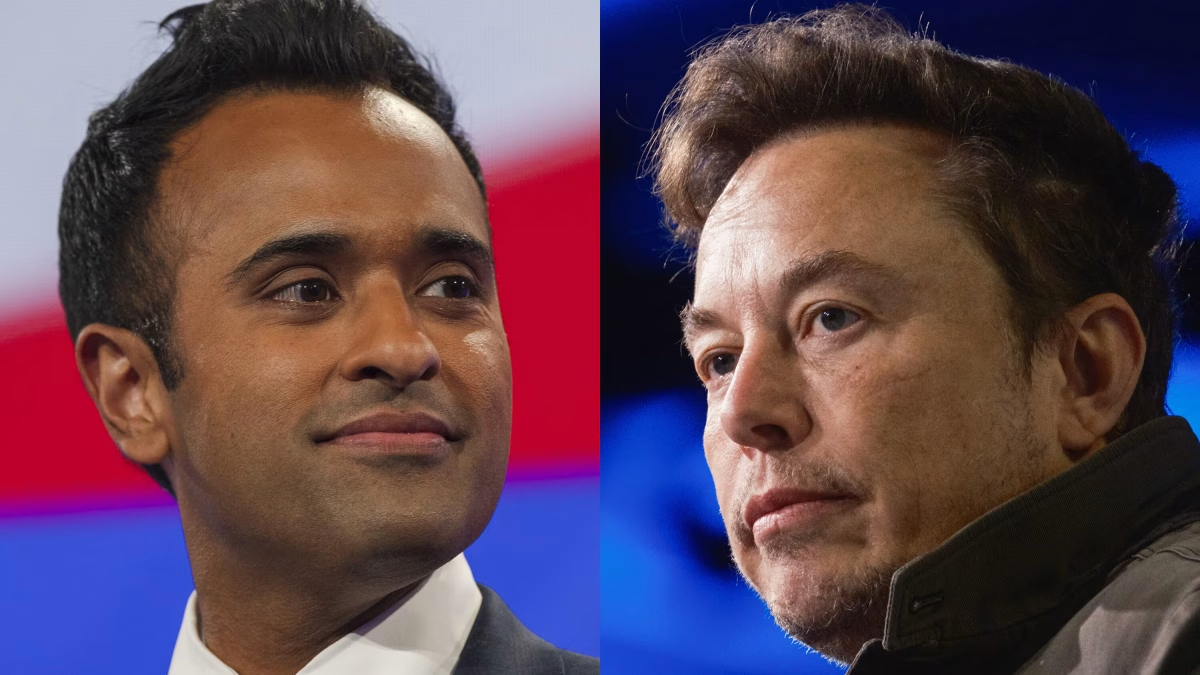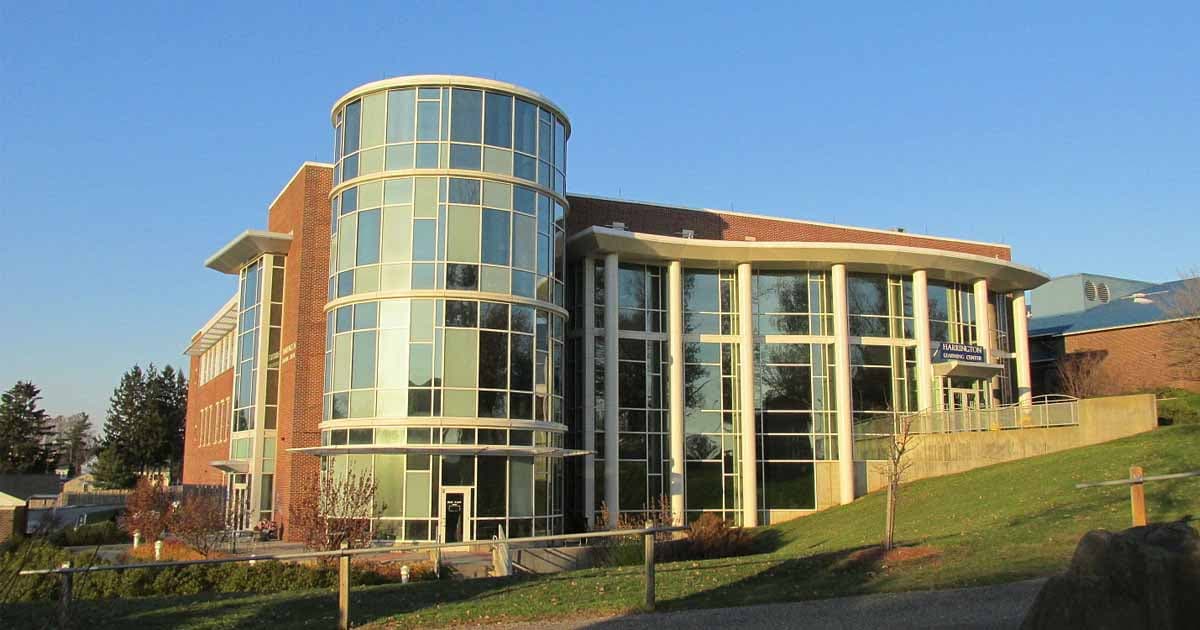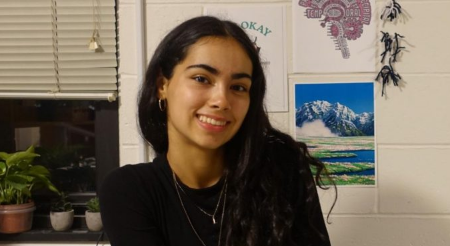Have you ever thought that the voting age could be changed? The age of 18 is a monumental moment for many – becoming an adult, being able to buy a scratch ticket, and voting. Most people don’t think that this monumental moment in life could be changed with a quick snap of fingers, but that may end up being the case.
For instance, Vivek Ramaswamy was a former 2024 Republican presidential candidate. Presidential-elect Donald Trump expressed his displeasure with bureaucracy and the wasting of government resources, which he claims inspired him to create this program. Ramaswamy has gone on record expressing his desire to change the voting age if he is elected president. He claims that raising the voting age to 25 instead of 18 years will be beneficial in ensuring smarter election turnouts.
He has mentioned a few exceptions: if you have served in the military, if you are a first responder, or if you have taken a citizenship test similar to the one immigrants take upon their entry into the United States. Ramaswarmy claims that this change won’t make a difference in voter participation because of the staggeringly low voting numbers among young adults in previous years. Albeit, his argument overlooks the fact that these young adults will eventually become taxpayers and will be affected by government policies.
For a quick history lesson: the voting age was changed in 1971 with the 26th Amendment due to arguments that if 18-year-olds could die in the Vietnam War at the time, they could certainly be granted suffrage. This amendment allowed for all white males, regardless of their social class or religion, to vote. To cause a change to the 26th Amendment, the Constitution states, “Whenever two thirds of both Houses shall deem it necessary, shall propose Amendments to this Constitution, or, on the Application of the Legislatures of two thirds of the several States, shall call a Convention for proposing Amendments.”
Supporters of this change cited the fact that the brain isn’t fully developed until the age of twenty-five as reasoning, because it is well known among psychologists that teens struggle with something called “hot cognition,” making decisions with risk and reward involving emotions, making them irrational. However, many people disagree, stating that it forgets an entire demographic.
Voters aged 18–30 represent the group with the most direct and recent experience with many critical policy areas, such as social media, education, childcare, and post-secondary education. Eliminating these people from the electorate would give drastically more power to the older generation, who won’t have to live with the consequences of current policies. Additionally, some argue that younger adults have, on average, better intuitive moral compasses than adults because they haven’t been exposed to as much manipulation and propaganda. They claim that many well-intentioned people on the right are simply being swayed by the influence of others. Furthermore, the argument that 18-year-olds do not have enough knowledge about government workings to make educated votes is less of an argument against them voting and more of an argument for improving education.
Eighteen-year-olds have as much civic knowledge and political efficacy as most adults if they are willing, but there are not enough younger people voting with maturity and engagement. Young citizens should vote to represent all demographics and prevent ableism, but the argument that eighteen and nineteen-year-olds have less experience and maturity is also valid. The age of eighteen aligns with the age at which individuals can obtain gun licenses and sign legal contracts, buy houses, take out loans, or get married, which is essentially what voting is. However, there is a need to get younger adults more involved in the political process. Many argue that most teenagers are in high school and should be able to pass the same civics tests as immigrants. Voting for president rose from about 350,000 in 1824 to more than 2.4 million in 1840, a nearly sevenfold increase in just 16 years, mostly as a result of changes in voting laws, when literacy tests were outlawed. Opposition to this change also claims that the GOP is trying to limit students’ ability to vote because their views are skewed towards the opposing party concerning abortion and gun laws. At the age of 18, individuals can work, pay taxes, and be tried as adults for crimes. The phrase “taxation without representation” can be argued in this context since it’s such a large skew of the population that would be excluded from voting. Protesters have argued that if you are old enough to die for your country, you are old enough to vote as well. It is said that even the GOP staff who work with Ramaswamy are hesitant towards the idea, but with his new position as head of the Department of Government Efficiency, it is uncertain what will happen.
He, along with Elon Musk, were recently appointed to the Department of Government Efficiency, a program outside of the federal government that offers advice and partners with the Office of Management and Budget.
But what do you think? Should we change the voting age?
Source:https://www.politico.com/news/2023/05/10/ramaswamy-raise-voting-age-00096266






